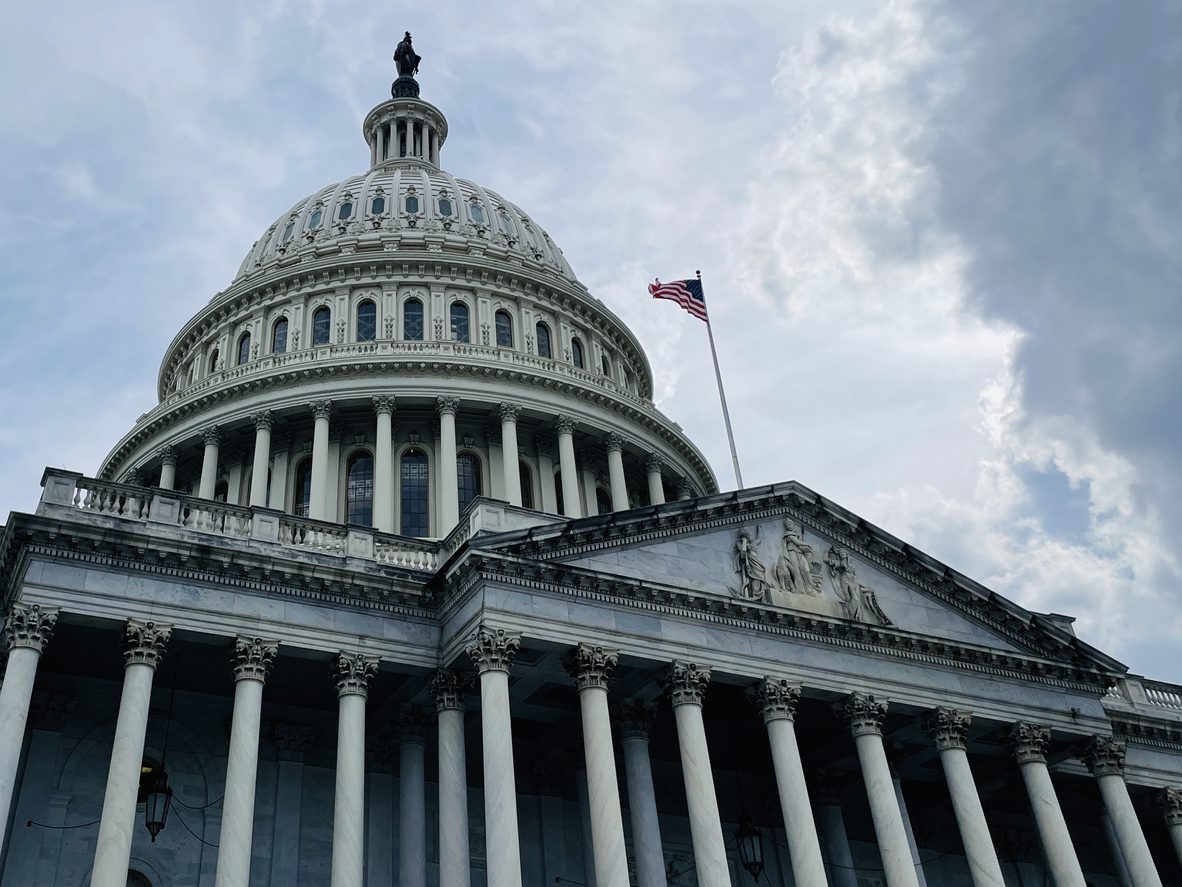The fight over the debt ceiling has been dominating news cycles lately. Understandably, this has created concern among many of our clients and spurred a variety of questions about our expectations and how this current fight fits in a historical context. A deal has been reached in principle, but it still must pass through both houses of Congress. This is likely to happen, but may not be a quick or clean process.
IS HISTORY REPEATING ITSELF?
Congress has raised the debt ceiling dozens of times over the past decades in what usually amounts to a procedural affair. However, there are notable exceptions. In 2011, Congress increased the debt limit just days before a potential default. This prompted Standard & Poor’s to downgrade the credit rating of the United States from AAA to AA+, citing uncertainty created by political brinkmanship.
WHAT IS THE WORST-CASE SCENARIO?
A default, whether in the form of delayed interest payments owed on U.S. Treasuries or other obligations, would be unprecedented and potentially catastrophic. While we don’t doubt the United States’ ability to pay for its obligations, a default would have deep and widespread negative impacts on the perception of the U.S. government.
Should a default happen, and lenders could no longer rely on the government to pay them back on time, the damage to U.S. credibility would be irreversible. The U.S. credit rating would likely fall, and borrowing costs would likely rise. Increased volatility in financial markets would be a certainty as investors attempt to navigate the unprecedented event.
WHAT CAN WE EXPECT TO HAPPEN WITH THE DEBT-CEILING?
The most likely path forward includes a two-step solution. Step one would be a short-term increase to the debt ceiling to avoid violating the borrowing limit and a potential default, while agreeing that concrete concessions from both parties will be included in a forthcoming bill. Step two would be enacting a bipartisan bill negotiated between the President and congressional leadership.
IS THERE A SILVER LINING?
The United States has a problem with deficit spending. While political parties can disagree on the means to reduce this deficit spending, there is a broad consensus that continuing on our current path is unsustainable as debt service payments make up a larger and larger part of the annual budget. To that end, the compromise brewing in Washington, while likely to leave nobody happy, is good for the long-term financial health of our country.
If you have any questions regarding the debt ceiling and how potential results may affect your investments, please reach out to your wealth management advisor.
Author: Michael Gibb | President & CEO
Written: May 21, 2023
